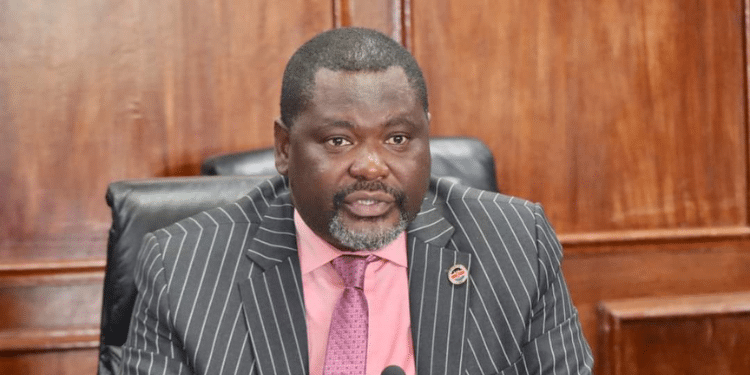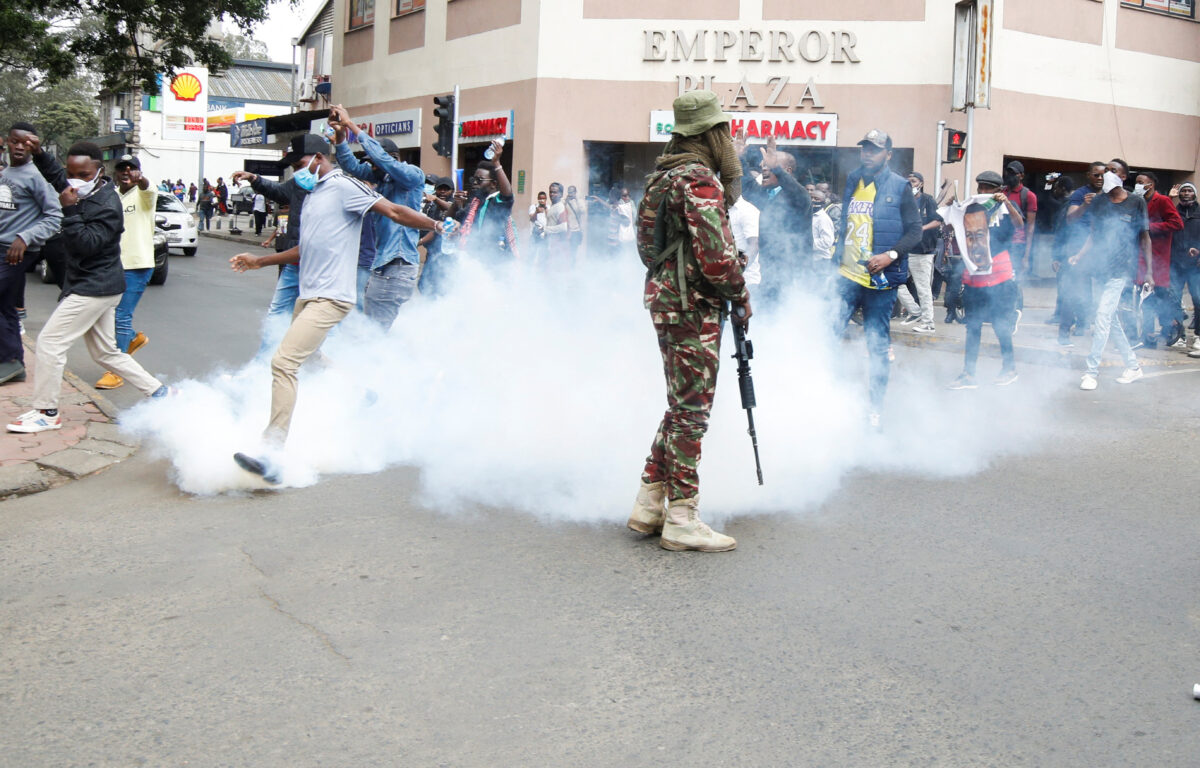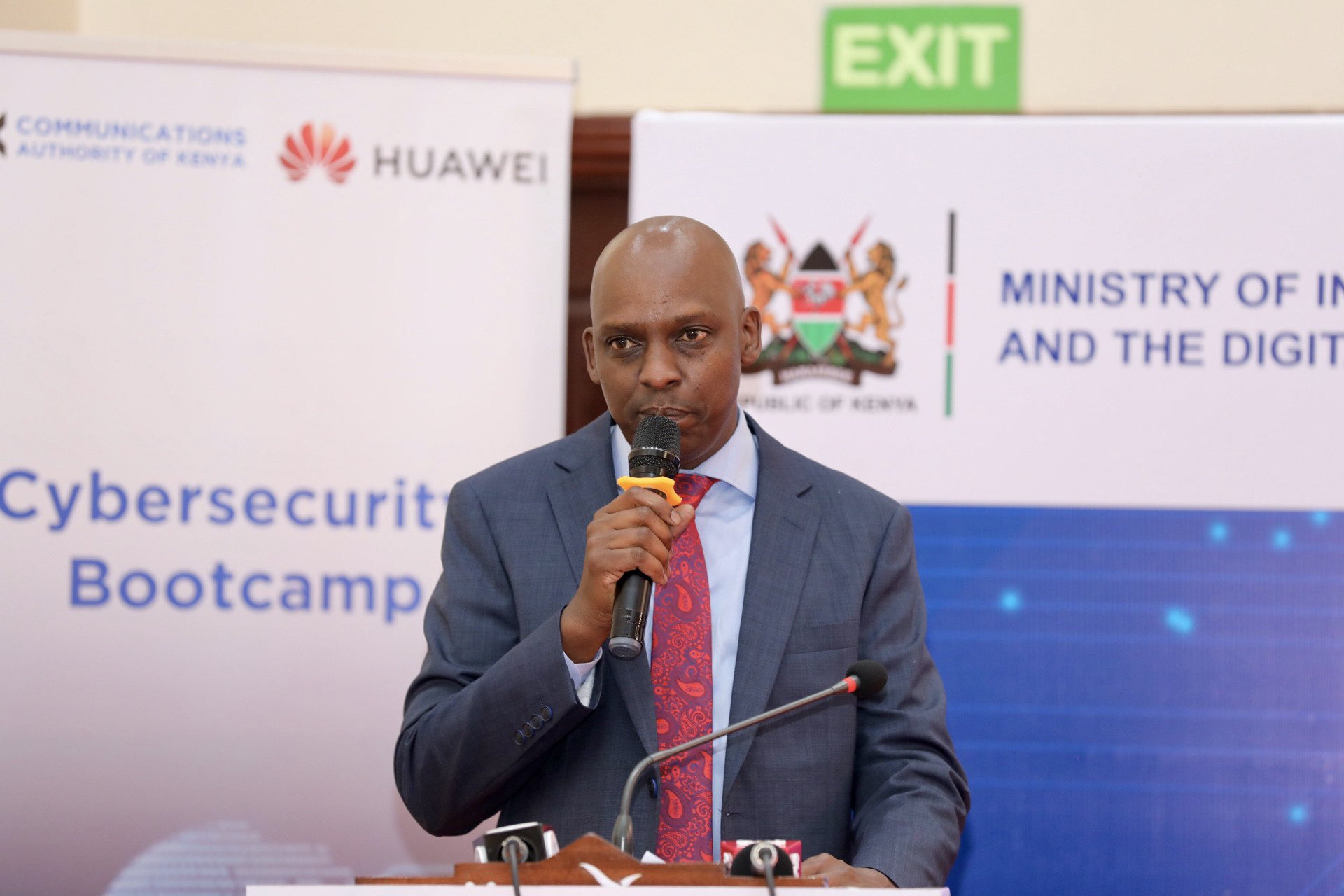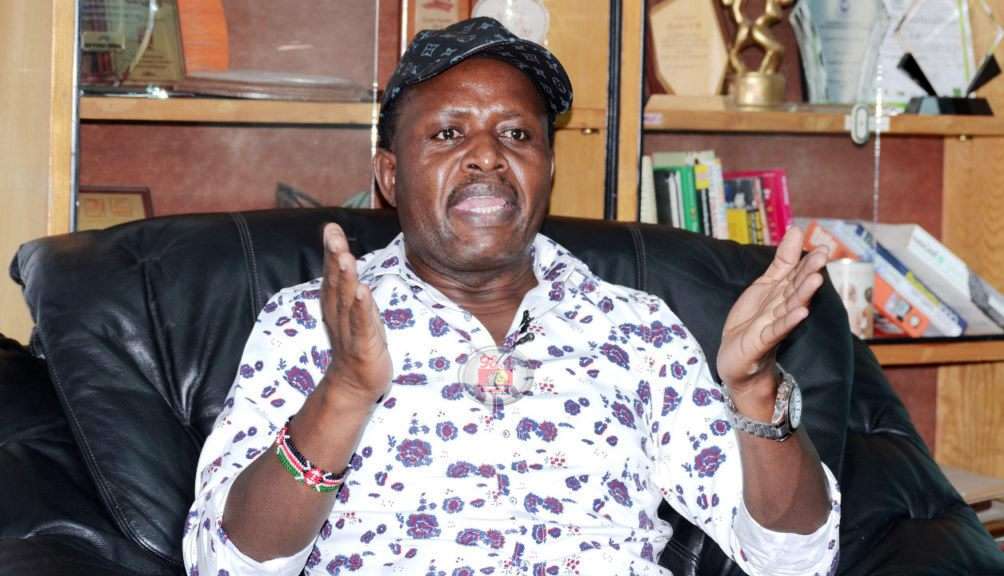IPOA Chief Executive Elema Halake strongly criticised the Bill, warning that it represents a major setback in the protection of fundamental rights, particularly the right to assemble, demonstrate, picket, and petition, as enshrined in Article 37 of the Constitution. By introducing restrictive measures, such as requiring pre-approval from regulating officers, imposing conditions on assemblies, and holding conveners liable for potential infractions, IPOA argued that the Bill seeks to unjustifiably curtail these rights
The National Police Service (NPS) and several human rights lobby groups have called for the immediate withdrawal of the Assembly and Demonstration Bill 2024, terming it retrogressive and unconstitutional. Several human rights organisations, civil society groups, and police watchdog bodies have described the proposed legislation as draconian and a major threat to the democratic gains made in the country.
The calls came on the same day the police proposed changes to existing laws to address noise pollution during public protests. The National Police Service Commission (NPSC) and the NPS stated that such changes should be incorporated into the Public Order Act, which is currently under review, to ensure that demonstrations are conducted peacefully and without causing undue disturbance to the public.

NPSC Director of Legal Services, James Nduna, emphasised that while the Constitution grants Kenyans the right to demonstrate, it should be exercised moderately. He stated: “We must have a clear provision on how such noise can be regulated so that it is not excessive, much like in the United States, where demonstrations take place with minimal noise.”
He added: “There must be a way to separate noise from demonstration. We cannot have protests where organisers hire DJs to entertain crowds in the middle of town.”
NPS Director of Training, Wycliffe Opiyo, echoed NPSC’s concerns, noting that the current Public Order Act does not explicitly address noise pollution and should therefore be amended to include provisions for its regulation.
These sentiments were expressed as NPSC, NPS, and the Independent Policing Oversight Authority (IPOA) pointed out that amendments to the Public Order Act were already underway under the supervision of the Attorney General, making the proposed bill unnecessary and duplicative.
The Bill, sponsored by Mbeere North MP Geoffrey Ruku, seeks to establish a legal framework for regulating assemblies and demonstrations, as outlined in Article 37 of the Constitution, which guarantees the right to assemble, demonstrate, picket, and petition.
However, the NPSC argued that the Public Order Act already provides a comprehensive and well-established legal framework for managing public gatherings and demonstrations within the broader context of maintaining public order.
Nduna stated: “The Commission believes that amending the Public Order Act to align with international standards is the most efficient and effective way to address current concerns, rather than creating a separate Assembly and Demonstration Bill. Any amendments should ensure clarity, safeguard individual rights, protect police officers, and enhance accountability in public order management without introducing unnecessary complexity or duplication.”
IPOA Chief Executive Elema Halake also strongly criticised the Bill, warning that it represents a major setback in protecting fundamental rights, particularly the right to assemble, demonstrate, picket, and petition as enshrined in Article 37 of the Constitution.
By introducing restrictive measures, such as requiring pre-approval from regulating officers, imposing conditions on assemblies, and holding conveners liable for potential infractions, IPOA argued that the Bill seeks to unjustifiably curtail these rights.
Halake stated: “The proposed provisions threaten to undermine public participation and civic engagement by subjecting them to excessive state control. Any legislative framework in this area must be progressive and purposive, fostering the exercise and enjoyment of constitutional rights rather than eroding them.”
Although opposed to the Bill, the NPS proposed several amendments, which it suggested should be incorporated before any passage of the legislation.
Among its recommendations is the retention of the definition of a public gathering as a group of ten persons, rather than the 100 persons stipulated in the Bill. Additionally, the NPS proposed introducing a new section addressing offences related to demonstrations, including the obstruction of specific classes of vehicles.
The Kenya National Commission on Human Rights (KNCHR), in an advisory presented by Commissioner Marion Mutugi, also raised concerns, noting that the Bill protects only planned and organised assemblies while penalising spontaneous protests through a mandatory notification process.
Mutugi specifically criticised Clause 12(1) of the Bill, which she said severely restricts freedom of assembly.
She remarked: “Organisers cannot be held responsible for the actions of every individual attending a demonstration. If rogue individuals take advantage of protests to damage property, loot businesses, and cause chaos, it is the responsibility of the police to maintain law and order.”
She further raised concerns over Clause 7 of the Bill, which obligates organisers to assist the police in maintaining peace and order at demonstrations, arguing that it is the primary duty of the state to facilitate and uphold public order during protests.





